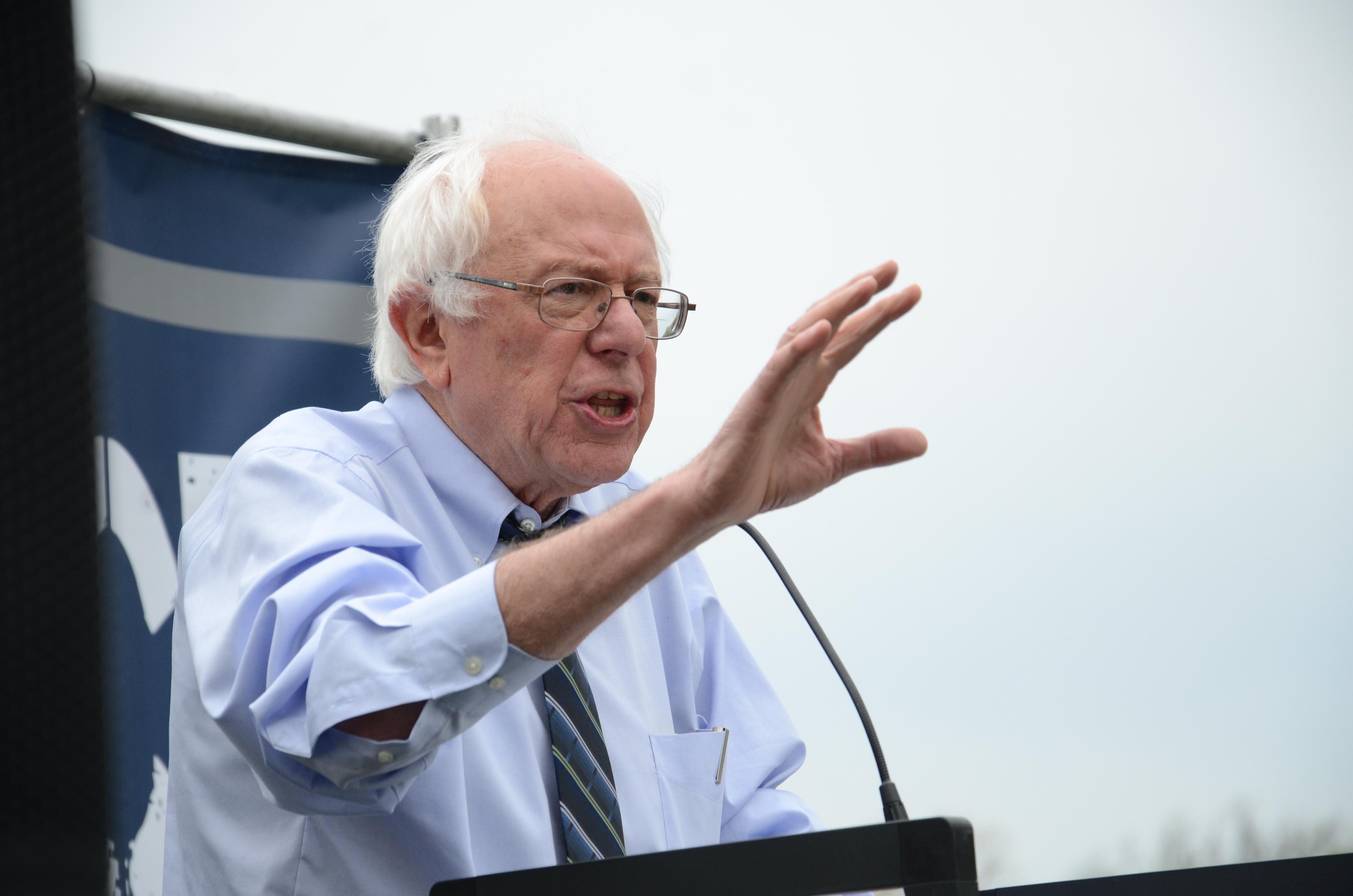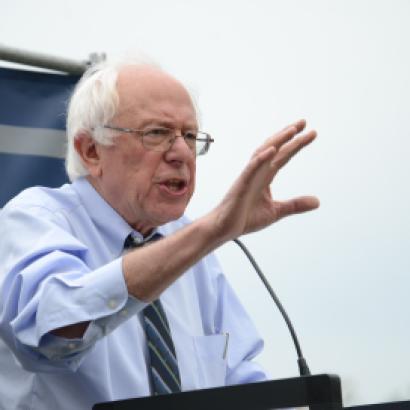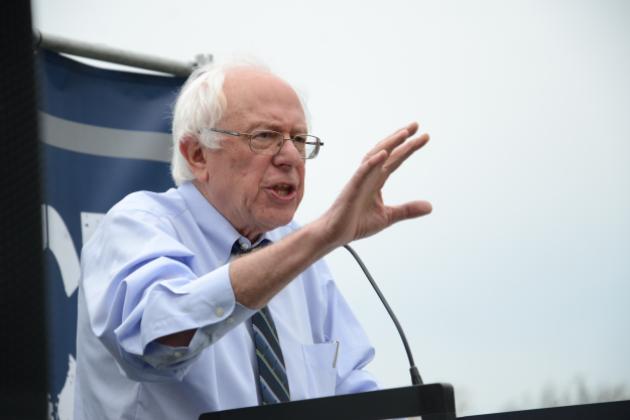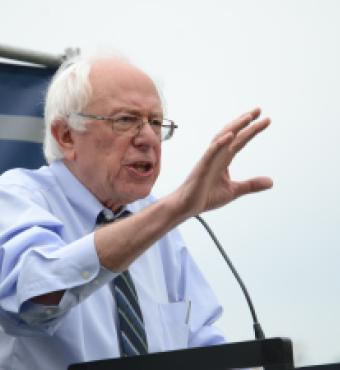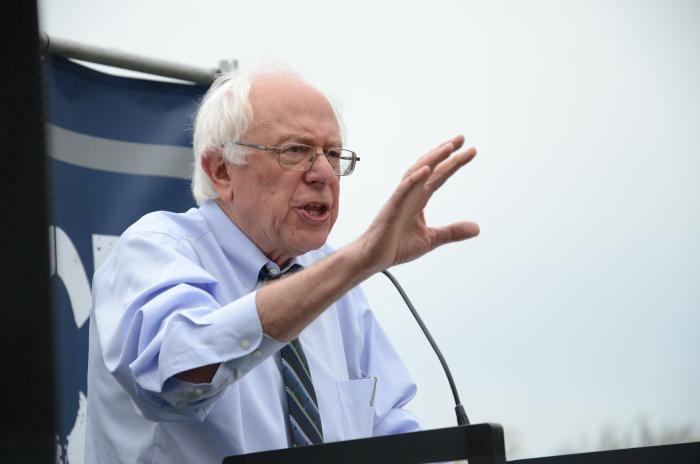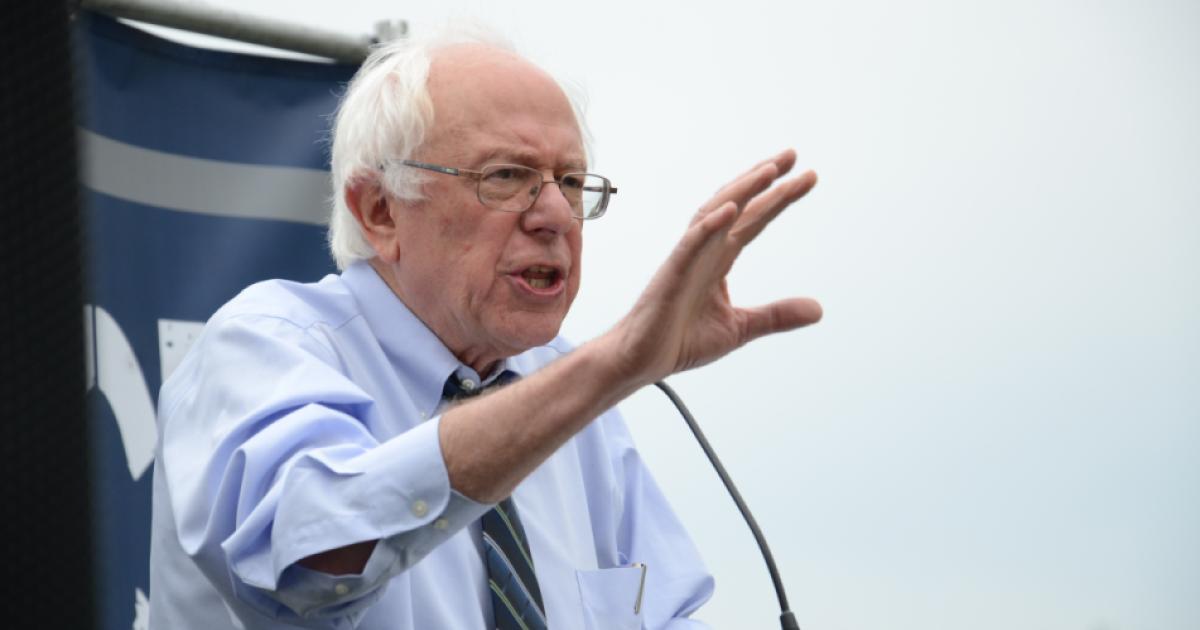- Politics, Institutions, and Public Opinion
Recent elections reveal the disrepair of the post-World War II general consensus of politics in the democratic world. From France to India, the historic parties such as the Indian National Congress, the Socialists, and the Gaullists are discredited and effectively outside the political order. Brexit prevailed over the strenuous opposition of both the Tories and Labour. The American elections featured a determined Democratic run by Bernie Sanders, not even a member of that party, and the eventual victory by President Trump, a candidate with only fleeting relations to the Republican Party.
The postwar consensus relied on relatively stable political parties defined by a general commitment to pluralism, secularism (even in states with established churches), broad social welfare protections, and increasingly open markets. The parties that defined this period stand at risk of being overwhelmed by a politics of anger surging on the left and the right. In the name of the broad people, the new populism drives toward what Nancy Rosenblum terms “holism,” a foundational challenge to the concept of institutional accommodation that defines constitutional democracy. Populist leaders champion the powerful executive and have little time for the niceties of legislation or party politics. Jan-Werner Müller highlights the desire “to cut out the middleman … and to rely as little as possible on complex party organizations as intermediaries between citizens and politicians.” In turn, caudillo politics yield a web of cronyism, corruption and clientelism, all turning on relations to the commander.
Any explanation of the weakness of democratic politics in the face of populism cannot rest on the merely conjunctural. The weak recovery from the financial crisis of 2008 certainly provides fuel to the fire. But behind the momentary stand democratic failings across four main dimensions, each one corresponding to a central claim about the competitive virtues of democracy, as opposed to rival political systems. I draw this from a longer presentation forthcoming in the University of Chicago Law Review, addressing the structural weaknesses – and resources – of modern democracies.
1. Participation. As reflected in all modern constitutions, democracy without political parties is unthinkable. Parties provided the institutional transmission of preferences, engagement and learning between the government and the citizenry. They coordinated at the legislative level and offered a measure of policy coherence in the face of the fractionating temptations of preference cycling. As E.E. Schattschneider famously wrote, “political parties created democracy and modern democracy is unthinkable save in terms of the parties.”
Today, the parties are in disarray. Pew reports that 39 percent of Americans do not identify with any political party, the highest level in 75 years of surveying. A half century ago, 20 percent of Britons were members of political parties; today that figure is under one percent. Anti-governance outfits like the Five Star Movement in Italy or Podemos in Spain dominate their national political scenes. Dutch politics is defined by reaction to Geert Wilders, whose political “party” consists of himself alone.
Part of the changed landscape is the product of technology. Populists eschew political parties and social media allows direct appeals for both money and support. Part is also the failure of the political parties to adapt to the modern era. The result, however, is the decline of the parties as the locus of democratic politics and the rise of the individually centered definition of politics.
2. Deliberation. Elections compel deliberation among the citizenry as candidates and parties attempt to sway and educate. That deliberation then translates into the legislative arena as elected officials seek to translate campaign promises into governing policies. Colloquially, we speak of the United States Senate as the world’s greatest deliberative body. Or, we did.
Across democracies, legislative branches have ceded ground to expanded executive authority. The weakness of political parties translates into a lack of programmatic coordination in the legislative branches and the substitution of administrative regulation and other expansions of executive power, as well evident in the U.S. From the 1970s to the present, the number of bills passed by Congress has dropped from 804 for the 95th Congress, to 296 for the 113th Congress. In the rhetorically infused first 100 days of a presidency, the number of new legislative bills under FDR was 76, a number which steadily dropped over time; for President Trump, there were no significant legislative initiatives during his first 100 days.
3. Solidarity. A central theme of older democratic thought, found in Federalist Number 2 and John Stuart Mill, for example, is the importance of a common identity as a precondition for democratic self-governance. The claimed importance of common language and religion were deeply tarnished as ethnic identity became the calling card of the horrors of the 20th century. In the words of Carl Schmitt, “Democracy requires … first homogeneity and second … elimination or eradication of heterogeneity…. A democracy demonstrates its political power by knowing how to refuse or keep at bay something foreign and unequal that threatens its homogeneity.”
Yet, democracy requires a sense of shared enterprise, a willingness to accept electoral defeat with the prospect not only of another election, but of fellow-feeling by the winners toward the losers. The rise of populism responds to a perceived sense of disregard by the winners toward those that lose not just electorally, but under the dislocations of a changing world. Whether from the left or right, the populist surge targets the loss of economic protection in a globalized environment, and the presence of outsiders that challenge the sense of belonging at home.
The frayed sense of solidarity leaves democracies in a poor position to confront the declining standards of its laboring classes and the changed composition of its population as a result of immigration. The “elephant curve” produced by World Bank economists shows a dramatic improvement in world income during the 20 years running up to the financial crisis of 2008. Normatively, the capacity to raise hundreds of millions of people out of abject poverty is a stunning achievement. But the curve also shows that there are losers in the same period living at about the 75th to the 85th percentiles of world income – the domain of the working and middle classes of the advanced industrial democracies.
For those left behind, there is an increased sense of society failing. In the political domain, this has meant widespread abandonment of the traditional political parties in favor of insurgent politics, whether it be the victories of President Trump in the mining and former industrial centers of the U.S., the concentration of the Brexit vote in the English north, or the strength on Marine Le Pen in the battered industrial areas of France.
There is also the scale of immigration. Using the U.S. as an example, there is no escaping the greater presence of immigrants in the U.S. Also striking is that the percentage of foreign-born in the U.S. is at the highest it has been in a century, the time of the last great nativist reaction in American politics.
4. Competence. Beginning with the Industrial Revolution, the world entered a period in which democracies overall out-innovated, out-fought, and out-produced rival forms of government. The history is, of course, not without its great nuances. But certainly post-1989, it appeared that history had rendered its judgment. In the intervening years, the sense of inevitability has waned in the face of Islamic terror threats, the collapse of the Arab Spring, the slide back into authoritarianism in large stretches of the former Soviet empire – even as Africa and Latin America have enjoyed their longest stretch of competitive elections and market openings.
Populist anger is not, however, the product of terrorist threats or the failure of democracy to take root in challenging soil. Rather, democracies just do not seem up to the task. The China/Singapore model of technocratic autocracy has outperformed the modern democracies, though the measures are, of course, against a much lower baseline. But the democracies are plagued by what Francis Fukuyama refers to as a “vetocracy,” or multiple entry points for special interests to frustrate broad public policy in favor of private gain. As the legislative arena atrophies, and as political parties are incapable of balancing sectional interests, the executive-dominated government becomes the situs of special deals for the connected – the “cronyism, corruption, and clientelism” that undermines state capability.
And yet … Advanced democratic societies are not without internal resources. Populism tends to burn itself out for its inability to deliver. Coal mining is not the future of Pennsylvania any more than textile mills will blossom anew in the British Midlands. Further, economic fortunes are cyclical and the post-2008 downturn will return to some new growth and opportunity.
Just as the challenges are not merely the product of conjunctures, the resilience of advanced democracies turns to long-established institutions. These are countries with great civil society organizations, traditions of critical media (even if severely challenged), and institutional commitments to the rule of law. As a constitutional lawyer, it is heartening to see courts in the U.S. and the UK check claims for unilateral executive action in favor of legislation and separation of powers. The democratic cloth is frayed; it is not yet tattered.
SAMUEL ISSACHAROFF is the Reiss Professor of Constitutional Law at New York University School of Law. This is the text of a paper delivered on May, 8, 2017, at a workshop at the Hoover Institution on the Future of Western Civilization.







